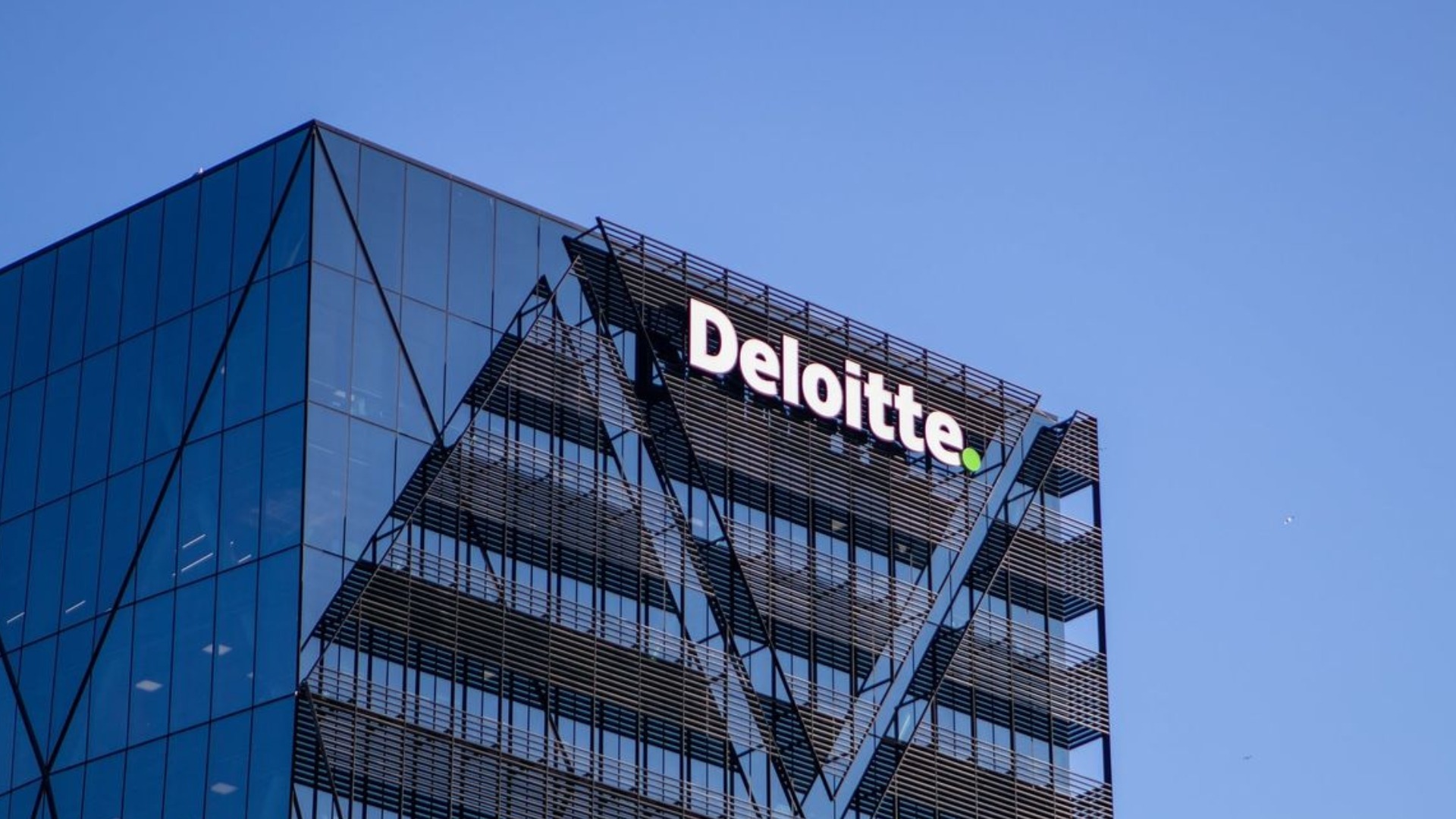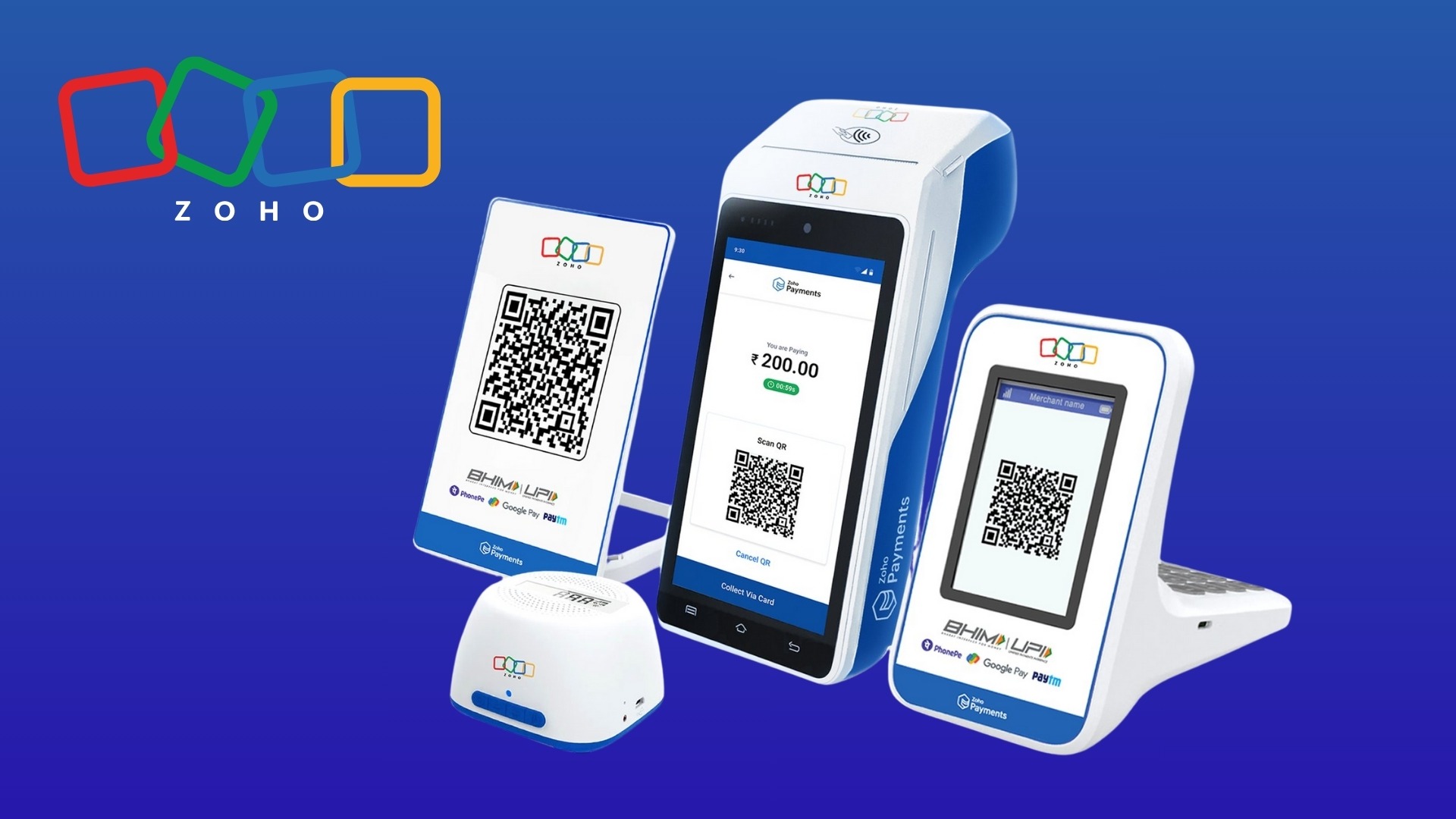Marketing is undoubtedly the biggest strength for any company. It is an essential tool to build a successful brand. But not everything is a good marketing. Sometimes, a small mistake in marketing can kill the whole business.
Today, we will dive into such story which faced severe problems for its unrealistic marketing that created doubts and questions amongst people and eventually failed to prove and closed its business. And also, let’s dive deeper into other reasons why it failed. The story I am talking about is Whitehat Jr. This story gives us two different insights on how it got acquired for hundreds of millions and how it failed miserably despite having huge fund support.
The whole story started in the year 2018, when Karan Bajaj, who was the ex-Discovery India CEO saw a gap in coding for kids. Kids were learning different skills but somehow, they are not learning coding, which is essential for those who wants to pursue their career in coding in later years. Interestingly US and China were already pushing coding early in schools back then. But where as in India we haven’t seen any where school kids coding. So, he saw a perfect gap and filled in with the Whitehat Jr. The main motto and idea were simple, If your kid learns coding early, they can create the next billion-dollar startup.
So, company observed a massive gap and no competition in the market in its niche, so they started marketing it strategically. Instead of making it like edtech ads, they focused on ads, where kids were building apps and parents crying with pride. They roped in celebrities like Madhuri Dixit and Hrithik Roshan, so they got the virality and reached masses. The idea itself was powerful, but the execution made it look even bigger. WhiteHat Jr. clicked instantly with parents because of two things aspiration and fear. On one side, the company showed a dream: “Your child could become the next Zuckerberg.” On the other, it created a subtle fear: “If your child doesn’t learn coding today, they’ll be left behind tomorrow.” This emotional mix worked like magic in Indian households, especially the middle-class families who are always willing to invest in their child’s future.
And to this, the Covid-19 pandemic added more impact. With schools shut and kids learning online, parents were actively looking for new-age learning platforms. Whitehat Jr. filled that void with an attractive and futuristic offering. Just imagine, within months thousands of enrolments were seen. Parents proudly shared stories online about their children making apps and games. The essentially created the buzz because of the word-of-mouth. By looking at that, more people joined which eventually gave rise to more numbers. To meet the demand, they started hiring more teachers at a massive scale. Because of all this, in just two years, I repeat it in just two years, WhiteHat Jr. had reached a scale that most startups could only dream of.
Well, that’s when the story got even more interesting. With its sudden rise in the market, investors were happy and more people want to back them and all of this caught the attention of Byju’s. On another side of the story, Byju’s already the biggest name in the Indian edtech and they are always on the look out for high-growth startups to acquire so that they could strengthen their portfolios. So, having seen the sudden rise of Whitehat Jr, Byju’s got impressed and announced the acquisition of Whitehat Jr. In August 2020, Byju’s announced the acquisition of WhiteHat Jr. for a whopping $300 million (around ₹2,200 crores). This was one of the fastest and biggest deals the Indian startup ecosystem had ever seen. For Karan Bajaj, it was the perfect validation of his vision because in just 18 months, he had built and sold a company at a valuation that most entrepreneurs could only dream of. The timing made the deal look even more magical.
With covid, the demand even increased and for the whole buzz it created in the markets sales have increased by multiple times. For a while, everything seemed perfect. WhiteHat Jr. had the funding, the backing of India’s most powerful edtech giant, and the runway to expand globally. They even set their eyes on the US and Brazil markets, aiming to replicate the same model abroad. And to put in a perspective If we look at the revenues it gives a clear picture. WhiteHat Jr was generating revenue around ₹19 crore in 2020. But by 2021, revenues reached a massive ₹484 crore. Most of that came from course fees, from India and the U.S. In FY21 the company spent ₹2,175 crore but generated only ₹484 crore, resulting in a loss of ₹1,690+ crore.
But the major disappointment started here. The same marketing that made WhiteHat Jr. a household name also became the very reason people started doubting it. The company went all-in with unrealistic advertisements. The claims often sounded inspirational but in reality, it was fishy. Biggest problem was started with a simple ad. In one ad they shown a kid earning 1.2 crore and in other ad, the same kid was earning 1.2 million dollars which is around ₹8 crores) at age 13. Then the same kid was earning close to 150 crores. What’s more interesting is, his name also got changed in other ad. So, people and journalists started tracking and investigating all of that and started showing the reality. These ads triggered skepticism, and a growing backlash on social media. The same flashy marketing that once made parents rush to enroll their children now became the face of WhiteHat Jr.’s credibility crisis.
That false promises destroyed the trust and especially in education, trust is everything. Parents began questioning not just the earnings claims in the ads, but also the overall quality of the teaching and the legitimacy of the program itself. Eventually it becomes a biggest trouble-maker for Byju’s at the end. Byju’s suffered a huge loss with the WhiteHat Jr. This story clearly shows us how marketing can make or break a business. In education, credibility is everything, and no number of ads or celebrity endorsements can replace it.
Also Read: Why Swiggy Sold Its Rapido Stake: The Real Story Behind the Move










